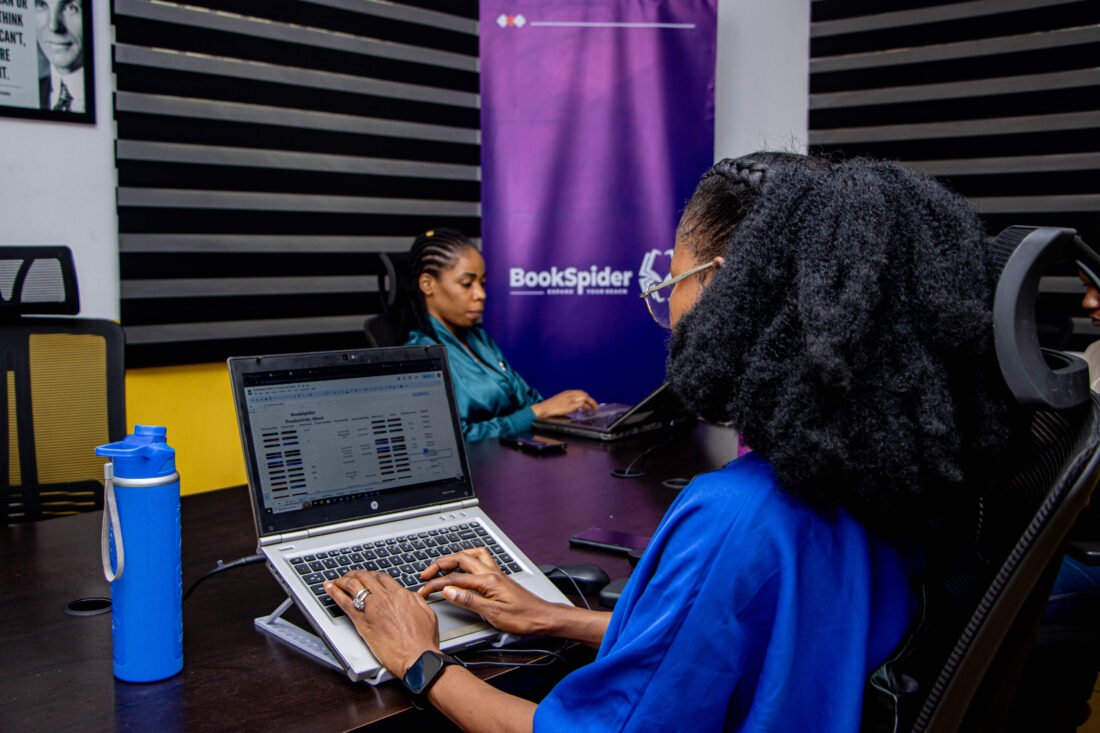
5 Proven Ways to Improve Your Writing
Almost everyone can write but writing well is an entirely different ball game. As every other skill needs consistency and mastery, so does the art of writing; hard work and a desire to learn help create great writers.
Your flow and logical coherence make the difference between just writing and a writer’s work.
However, good writing starts before you tap your keyboard. Your top priorities should be researching common practices, learning how to structure your ideas, and then turning those concepts into persuasive writing.
There are various writing tips or ways to improve your writing that distinguish you from other writers. These general writing tips offer you many ways to write better, whether you’re a blogger, SEO writer, marketer, etc.
In this article, we discuss five ways to improve your writing. They are highlighted below:
- Know the basic writing principles
- Read more
- Create a concise message
- Prioritise your key-point
- Be your editor
- Know the Basic Writing Principles
You’ll need to have at least a basic understanding of the fundamentals of writing before you can begin to create amazing content. Like most professions, effective writing stems from fundamental ideas. Once you master these fundamental principles – you’ll know you’ve mastered them when they come naturally – you can create your style and writing persona. You’ll even find ways to use poetic licence when it helps your writing narrative.
One major writing principle is grammar rules. Your vocabulary, spelling, sentence construction, and structure are also writing principles you must understand.
- Read More
It shouldn’t be surprising that most great authors are voracious readers. As you read, you become more aware of the language’s lilt, the copy’s cadence, and the various voices that emerge in a skilled writing style. It helps to expand your vocabulary and maintain proper use of vocabulary.
Make it a point to read every day. Pick up a glitzy business publication occasionally. Check out blogs that interest you, and follow those that do. Explore the pages of strange genres. The goal is to become familiar with a wide range of writing styles so you can begin to develop yours.
- Create a Concise Message
Making a logical, understandable organisation of your thoughts before starting to write is one of the best pieces of writing advice for writers. The biggest obstacle is frequently not knowing where to start or what to say; everything seems like a jumble of concepts. And this might cause a lot of frustration.
Consider the purpose behind your choice of topic.
What is the main point you want your readers to remember after reading this?
Try distilling your message into a 30-second elevator pitch that sums up what you want to communicate in your writing. Don’t stop revising this speech until you have it down.
- Prioritise Your Key Points
Word choice and sentence structure are crucial when learning to write well. Don’t put a question in the middle of a paragraph because it might be missed if you do. Similarly, if you have a crucial point, give it a separate paragraph or purposefully place it in the introduction or conclusion – the parts where readers typically focus.
- Be Your Editor
The writing process requires editing and proofreading. You must act as your harsh editor. Look for places in your drafts where you can substitute longer sentences for shorter ones without losing the meaning or the cadence of your tone.
Check your grammar carefully.
Technology has made basic editing even easier. You can use the free in-built grammar and spell-check features offered by word processing programmes like Microsoft Word in addition to carefully reading your copy. Additionally, you can use Grammarly, an online assistant that employs artificial intelligence to flag writing errors and make editing recommendations. It has free and paid versions.
Everyone needs to write now more than ever before because it’s a common skill and quite a helpful form of communication. Writing well is a skill that is valued regardless of what you do. The good news is that it’s accessible and starts with having the discipline to follow the writing processes.
We hope our tips are helpful.




